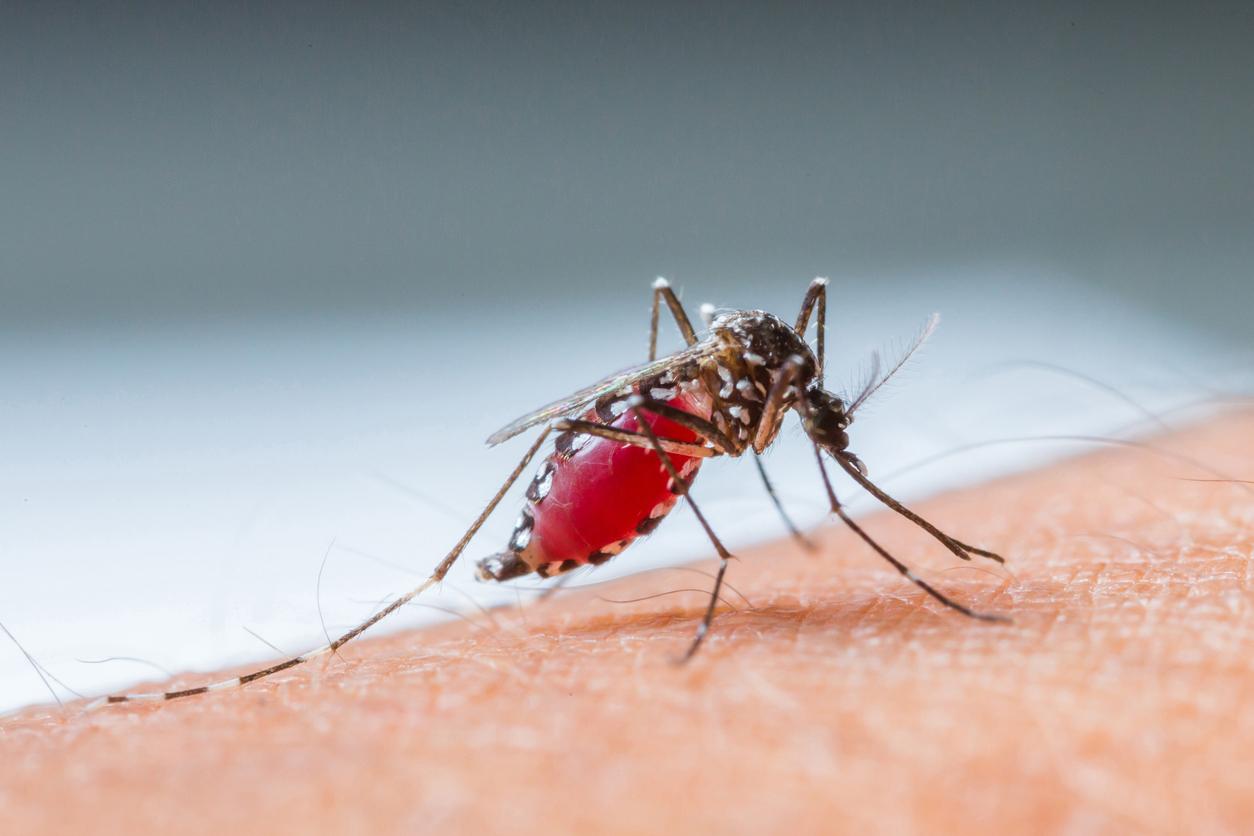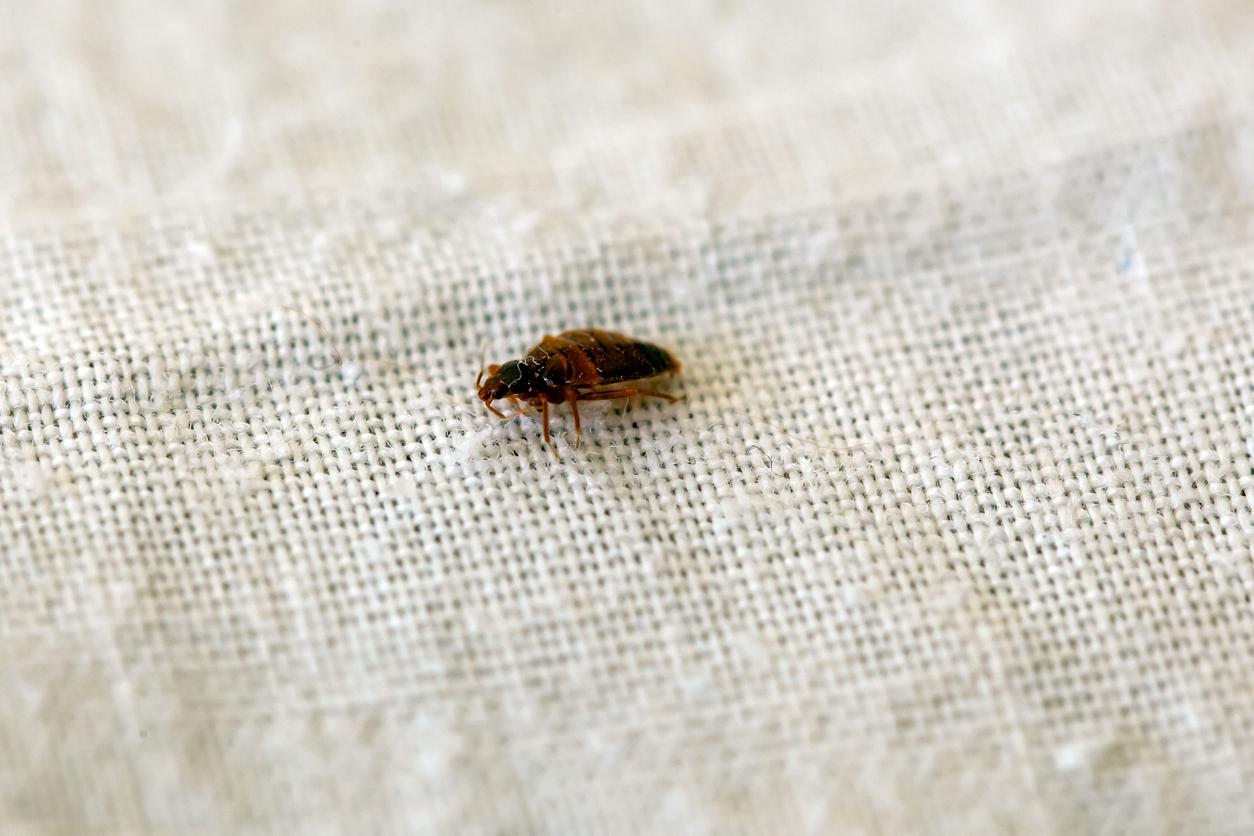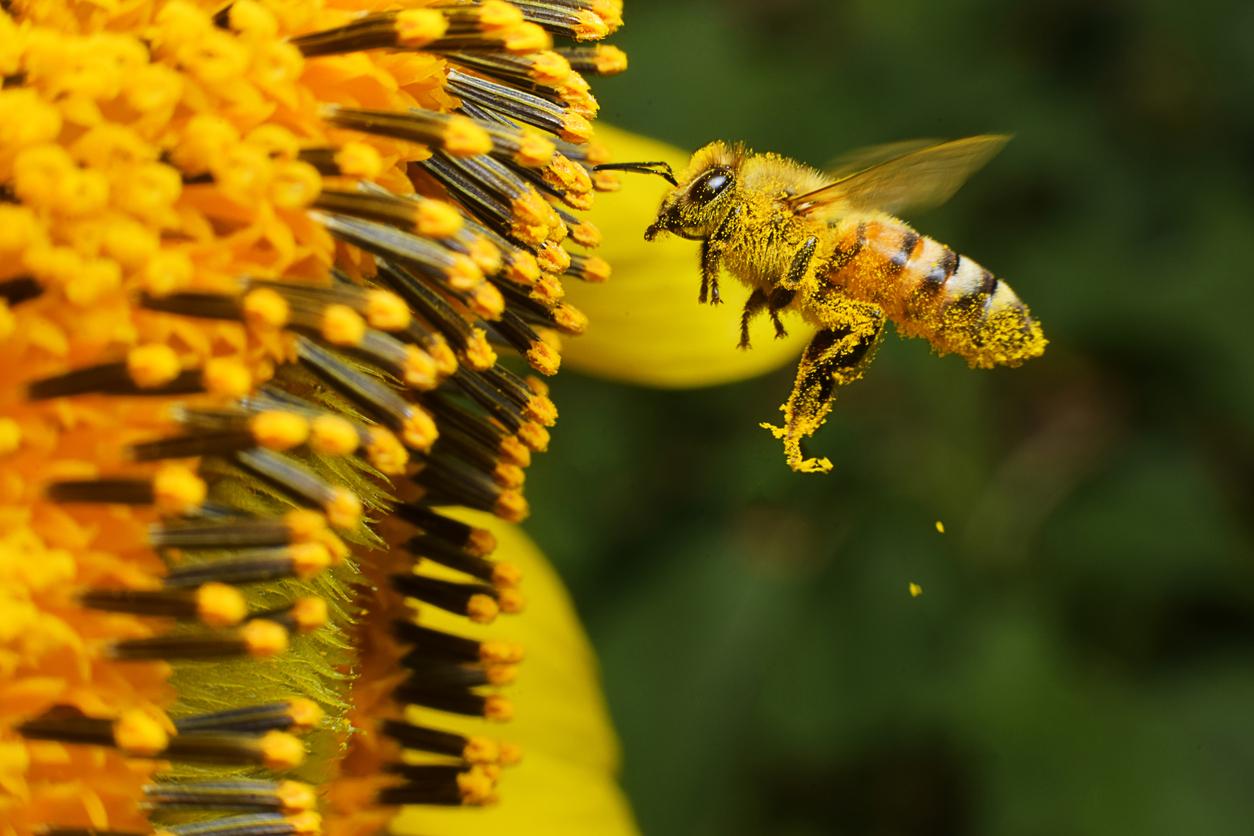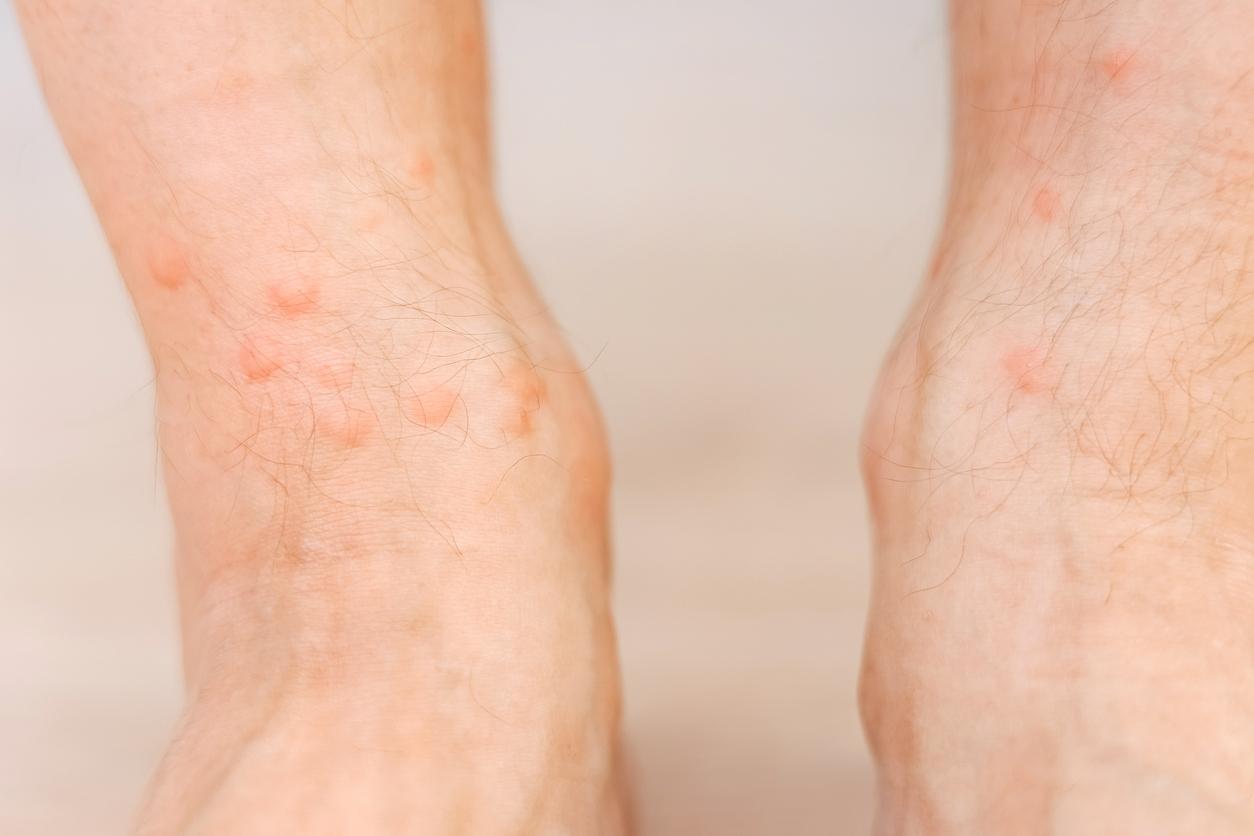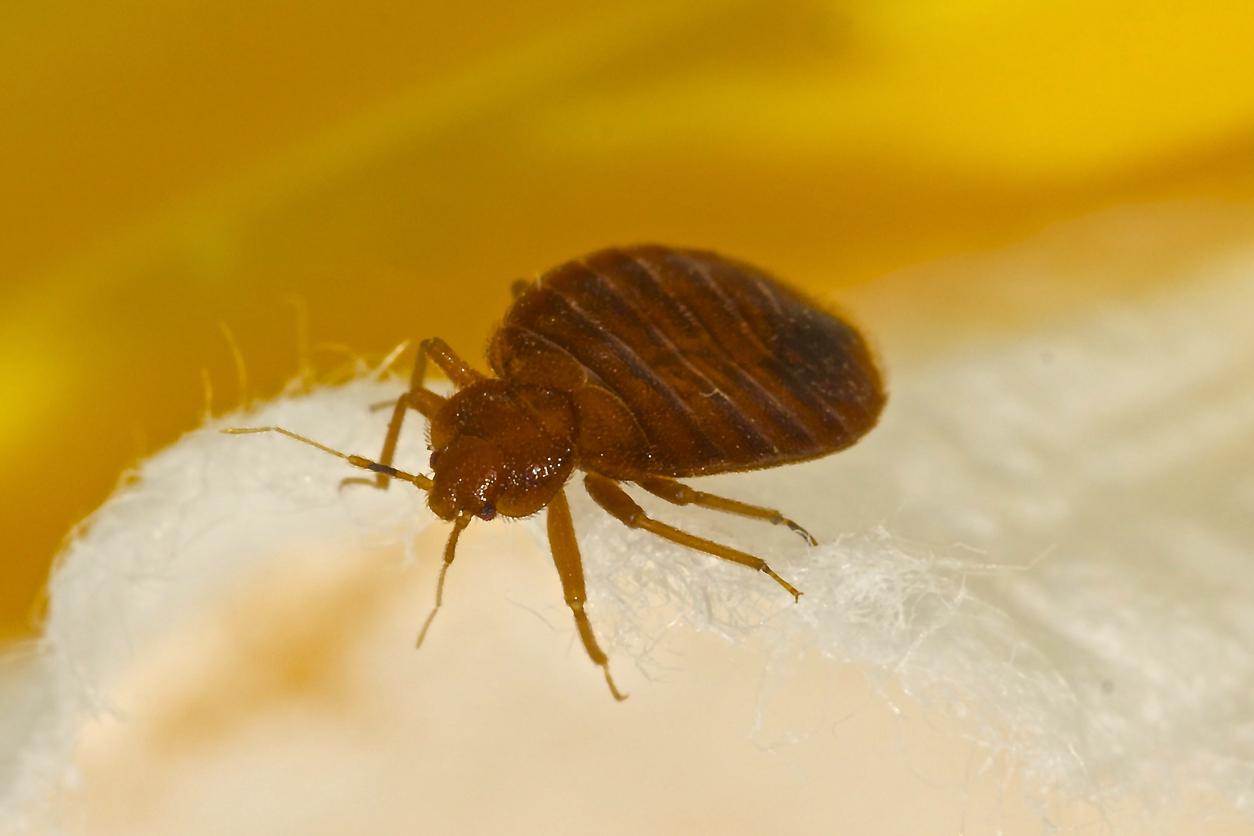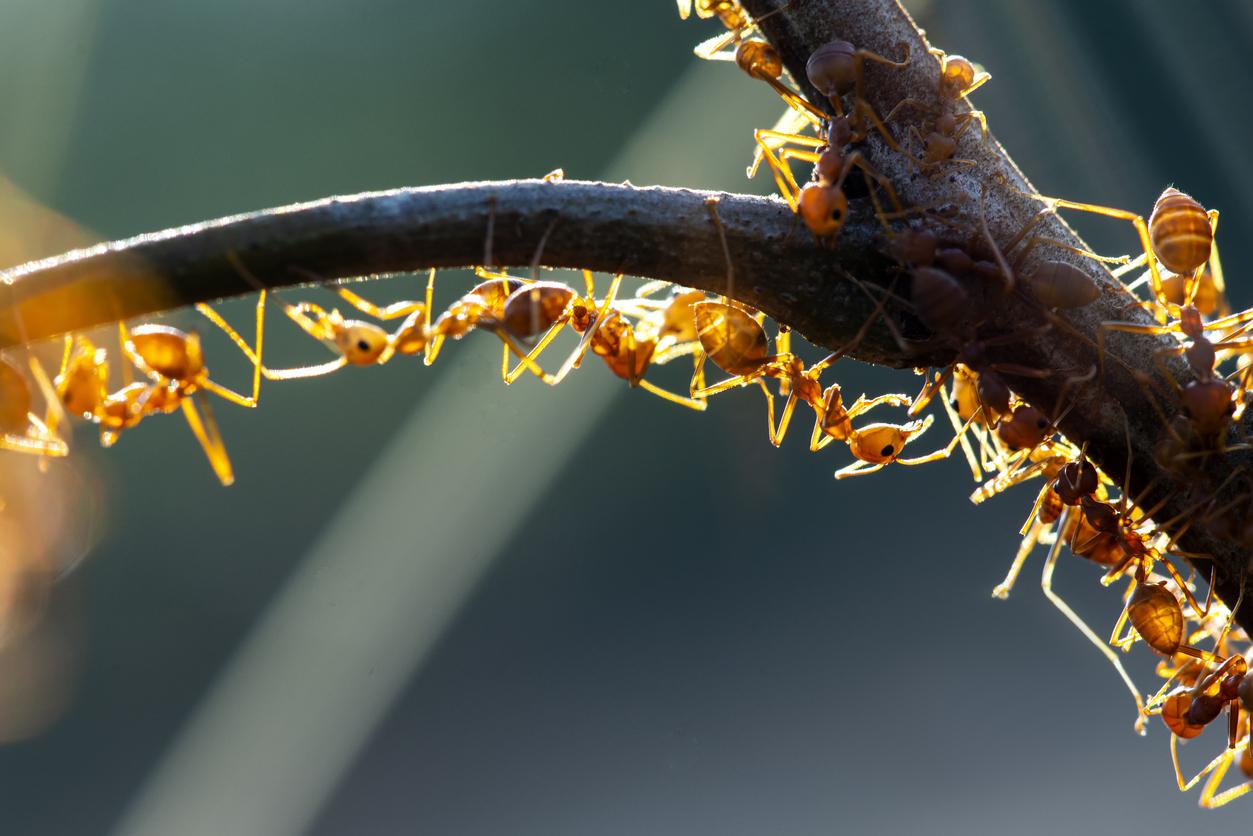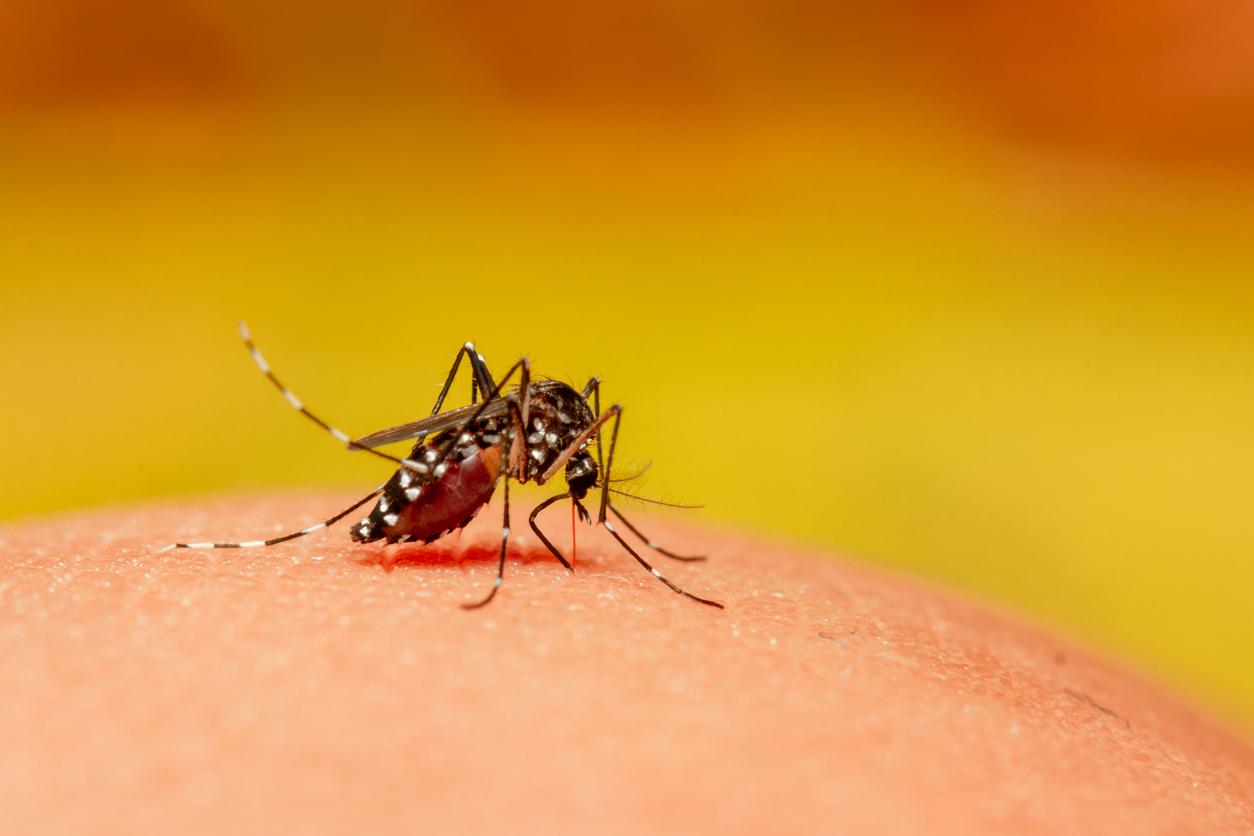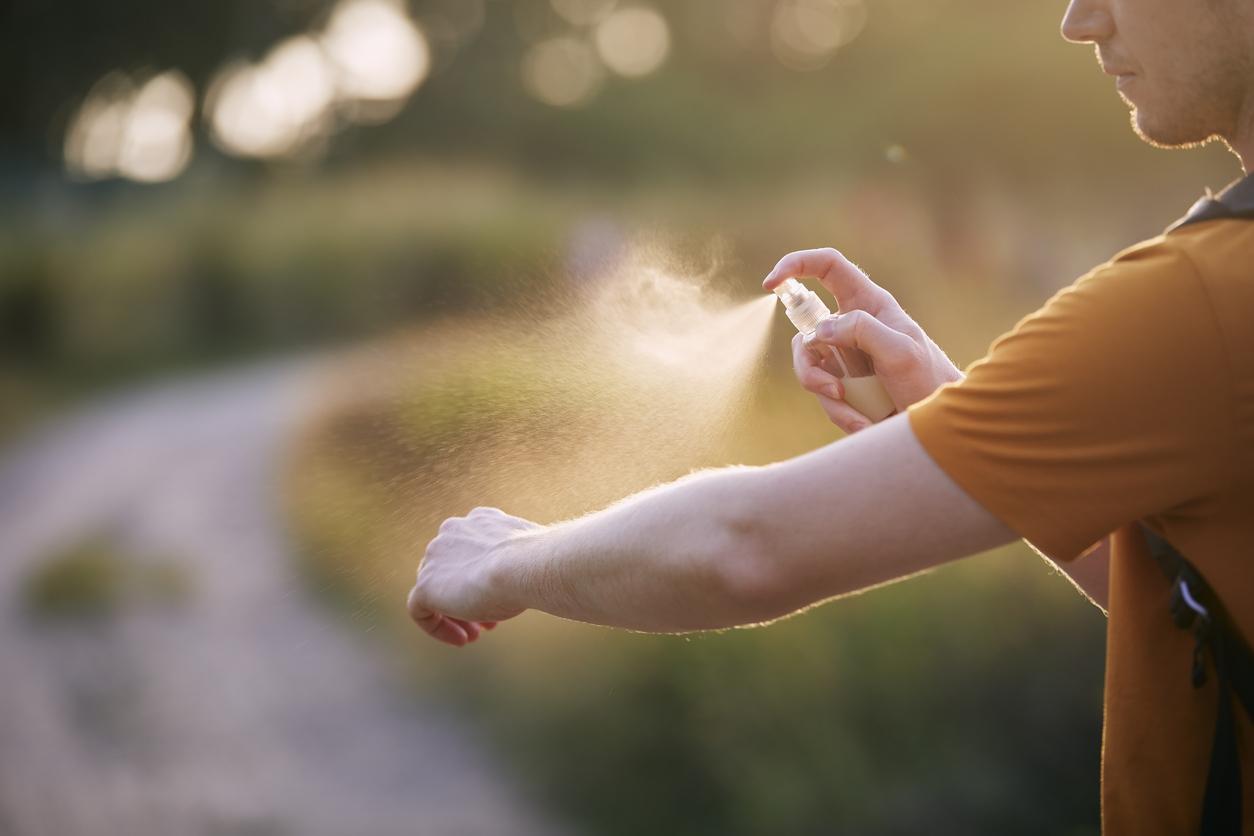Even if the holidays are over for some, picnics, barbecues, drinks on the terrace and walks are still relevant. What to do if you get stung by a wasp, a bee or a hornet? We tell you everything.
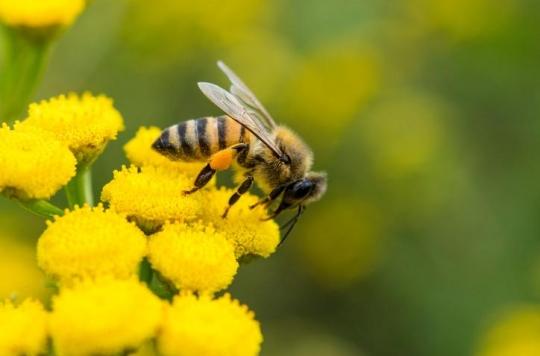
In France each year, it is estimated that the stings of wasps, bees or hornets – called hymnoptera – kill ten to twenty times more than those of vipers. Normally, these insects are not aggressive and bite only when they feel attacked, when they are looking for food or when they are disturbed in their nests.
To avoid getting stung, avoid to wear perfume or fragrant creams, favor covering and clear clothing. Outside, do not drink from a can as it is impossible to see if a Hymnoptera is inside. Also, avoid walking barefoot or in sandals in nature near water or in the grass.
What to do in the event of a bite?
First, you need to identify the insect that stung you. If it’s a bee, remove the stinger. It is the only hymnoptera that leaves it. The bee can sting only once. You have to remove the stinger with your fingernail, the flat edge of a knife or even a credit card. But especially not with tweezers! She could break through the poison gland and release even more.
For all types of stings, whether from a hornet, wasp or bee, disinfect it with soap and water, then apply an antiseptic solution. If it hurts, take a pain reliever, such as acetaminophen or ibuprofen. Above all, watch the bite for 48 hours.
When to call the SAMU?
It is possible that a wasp, bee or hornet sting could cause a toxic reaction or an allergic reaction. Last year a 40-year-old was plunged into a coma after an allergic reaction to a hornet bite. If so, call 911. Especially in case of multiple bites (over twenty in an adult, but only 4 or 5 in a child, be careful) or the following symptoms appear:
– swelling of the tongue, lips, throat or eyes
– difficulty breathing or swallowing
– dizziness or faintness
– nausea, vomiting
– generalized rash
– fever
Each year, in France, about fifteen people die after a hymnoptera bite, so be vigilant.

.







